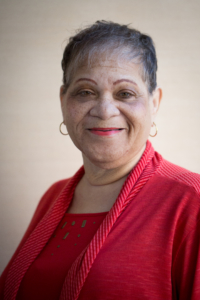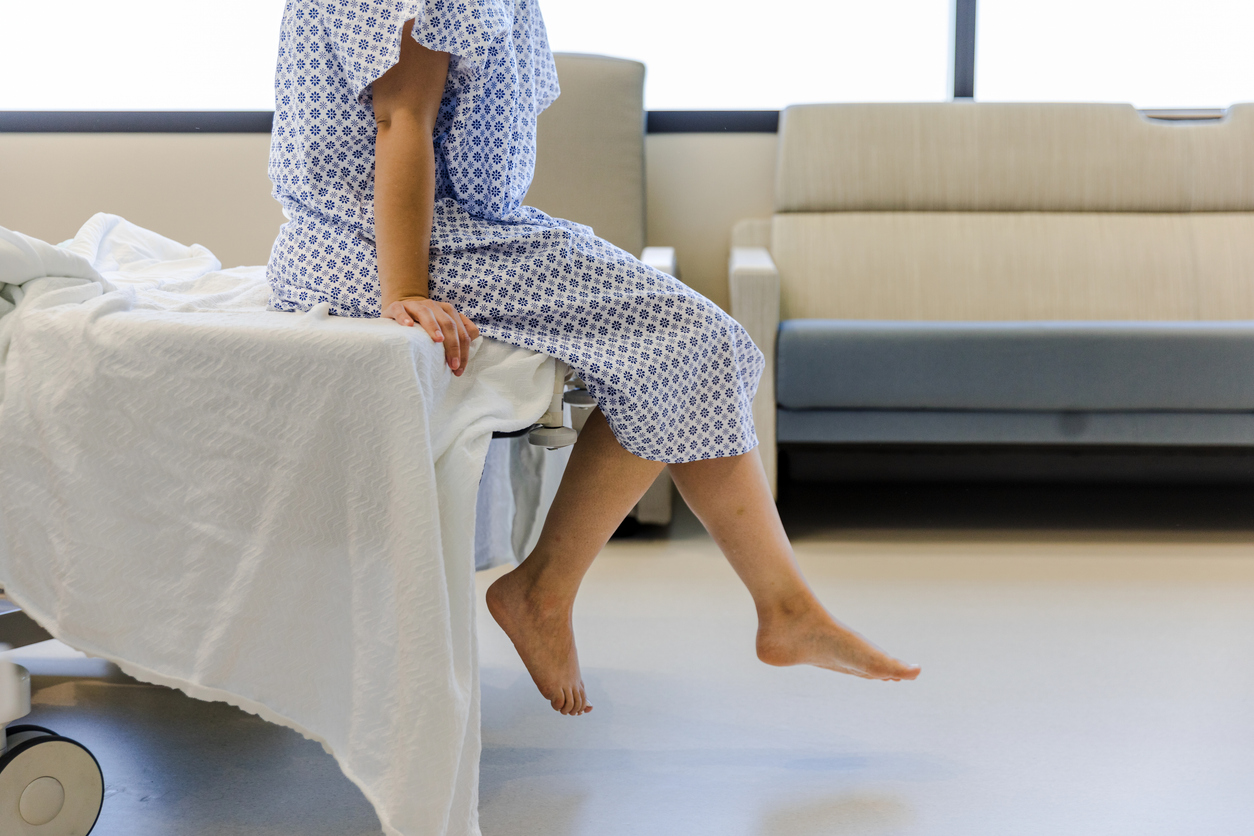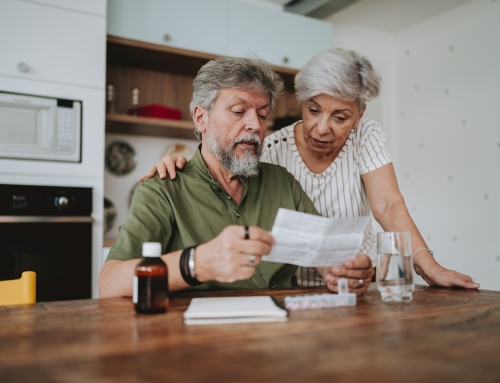
Nancy L. Scott, DPC Education Center Project Manager
As I sat on the side of my hospital bed on a cold night in March of 2004, my heart was broken and it felt as though my time on the planet was almost over. I had just been diagnosed with END STAGE RENAL DISEASE. The word “end” means a final part of something, and I thought that something meant me. I had just retired and planned to enjoy life and travel as much as possible. These dreams had come to an end! (Little did I know at the time, the dreams were just beginning!) The nephrologist had just left the hospital room and said she would be back early in the morning to insert a catheter and that I would have my first dialysis treatment. Dialysis! Me! I must admit that I thought about leaving right then and there. Instead, I chose to cry myself to sleep and hoped that by the time the morning came, I would be told that the diagnosis was incorrect. Not! The nephrologist came early in the morning and by 7:00, I was officially on dialysis. Depression, frustration, anger, and isolation—all of these emotions were felt. I was allowed to dialyze at the hospital as an outpatient for three months before I transitioned to a dialysis center. It was very different, but the staff was efficient and patient. I was still depressed, angry, frustrated, and still felt very much isolated from reality.
Then, I began to educate myself about the world of dialysis and how I could improve my quality of life and help others on this same journey. I did dialysis; I did not let it do me in! I started a support group. It was the only support group in the area; therefore, many other patients came from near and far. The dialysis center even purchased lunch for us, and the group’s session was called “Lunch and Learn”. We supported each other; neurologists, nutritionists, and other medical professionals were invited. We laughed, cried, and ate—but most of all we learned about how to survive while on dialysis. We became empowered. It did not stop there for me!
One day as I was dialyzing, the nurse practitioner stopped by my chair. She told me about an organization called DaVita Patient Citizens—now known as Dialysis Patient Citizens. She thought that it would be a good idea for me to experience advocacy on another level. I called DPC and spoke to the Executive Director at that time (2007). The nurse practitioner had already briefed him that I would contact him. He knew that I spoke at many renal events and asked if I could go to Pittsburgh for a speaking engagement that he had been asked to attend but he had a conflict in his schedule. Of course, I was delighted to go and that is how I joined DPC! As I got more involved with DPC, I became a patient ambassador, a board member, went to Washington, D.C. numerous times, advocated on Capitol Hill, became President of the DPC advocacy side, and then President of the education center. I had the opportunity to be invited to the White House and to speak before the President of the United States. All of these opportunities are not mentioned to receive accolades but to emphasize how knowledge can lead to empowerment. I had received the right to help to empower others because I became empowered. I no longer felt isolated—I served and serve a community that I fit in because we are all on the same journey. Knowledge is empowerment!




